Robert Montgomeryis an actor whose appeal and importance has faded.
He never won an Oscar and stopped making movies by 1950, when he turned to television.
Montgomery plays Phillip Marlowe, though hes rarely on camera as it is all told from his perspective.
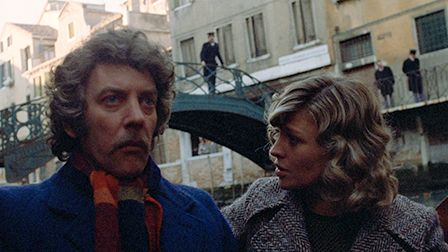
Image via Criterion Collection
Its a gimmick film that doesnt quite work, but this approach is striking and its a fascinating curio.
The second film he made in 1947 has long been one of my favorite unknown film noirs.
Montgomery stars as Gagin, a drifter whos come to a small border town with a very important thing.
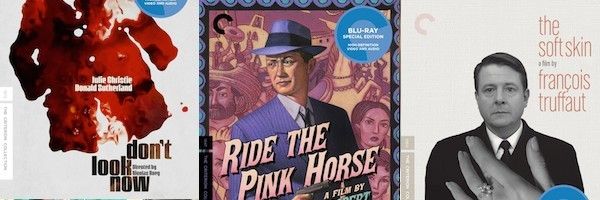
Image via Criterion Collection
Hes there to see Frank Hugo (Fred Clark) with plans to blackmail the man.
Montgomery directed again, but never with as much passion or craft.
Still, this is a wonderful noir.
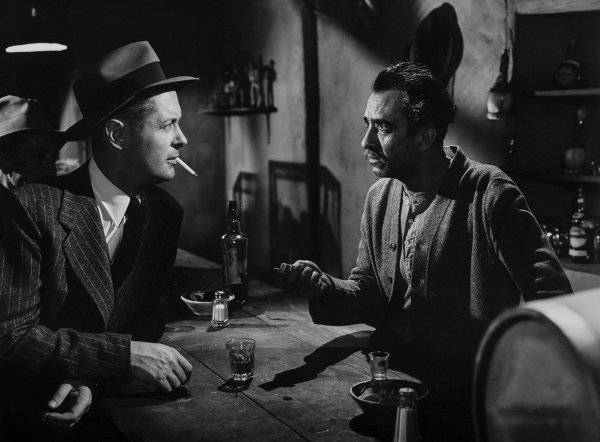
Image via Criterion Collection
where film scholarImogen Sara Smithspeaks about the film in context of genre, and of the bordertown noir subgenre.
Nicholas RoegsDont Look Nowis a masterpiece of dread.
He runs outside only to find thats she fallen into a lake and has drowned.
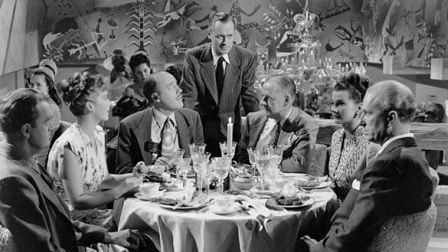
Image via Criterion Collection
Heather is blind but says that she can see Lauras daughter nearby and that the daughter is happy.
Its this editing that helps to create that tone of gothic dread.
But it seems fitting the film is set in Italy in the 1970s.
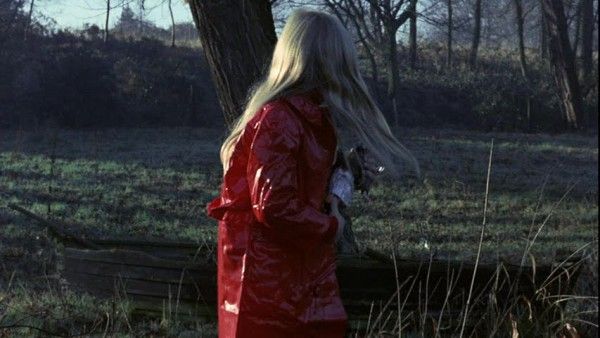
Image via Criterion Collection
Its of a piece with whatDario ArgentoandLucio Fulciwere doing at the time.
The Criterion Collection Blu-ray presents the film in widescreen (1.85:1) and in LPCM 1.0 mono.
Restored and given a 4K transfer, the film looks and sounds better than ever.
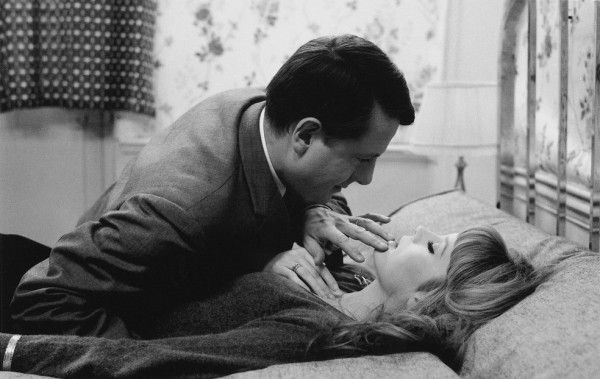
Image via Criterion Collection
The disc is loaded with supplements, though many come from previous international special editions.
Don’t Look Now, Looking Back (10 min.)
Also recycled is the piece Nicolas Roeg: The Enigma of Film (15 min.
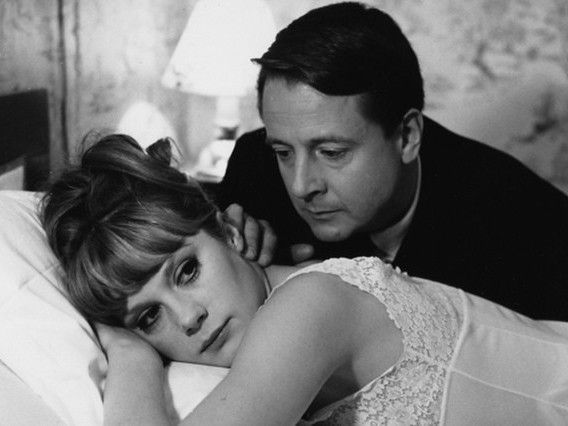
Image via Criterion Collection
and its a post screening Q&A.
Something Interesting (30 min.)
Also new from CC is Graeme Clifford and Bobbie O’Steen (44 min.)
which has film historianO’Steengoing in depth with the films editor,Clifford.
Considering how revelatory the editing of the film is, its a nice piece.
Also included is the films trailer.
He makes it, and there he meets stewardess Nicole (Francoise Dorleac).
He runs into her at his hotel and finds out her room number and ends up asking her out.
They spend an evening together where they talk all night, and this leads to an affair.
But he is married to Franca (Nelly Benedetti) and the two have a kid together.
Eventually Franca finds out.
But thats also part of why using the Hitchcockian language of cinema is so useful.
Perhaps its just that cinema makes you want people/criminals to get away with their crimes.
Its easy to see why: though well made and thoughtful, it doesnt get to the next level.
Still, because it eschews histrionics, this may be one of the best films about infidelity ever made.
The Criterion collection presents the film in widescreen (1.66:1) and in uncompressed monaural audio.
The disc touts a new high definition transfer, and the film is stunning and shows no damage.
Kent Jones provides a visual essay with The Complexity of Influence (12 min.
Monsieur Truffaut meets Alfred Hitchcock (30 min.)
talks about the making of the bookHitchcock, while Truffaut onThe Soft Skin (11 min.)
interviews the director and gets what comes close to scene specific commentary on the film.